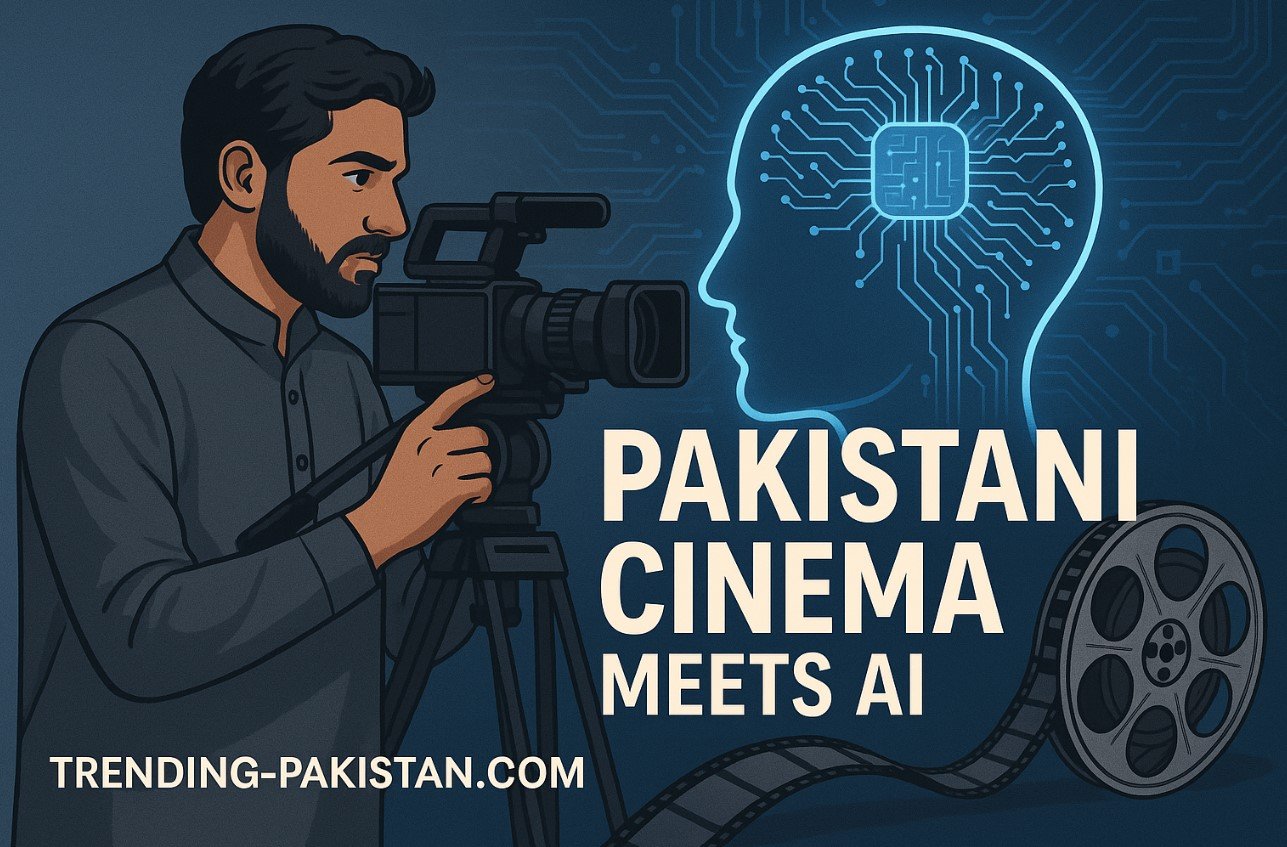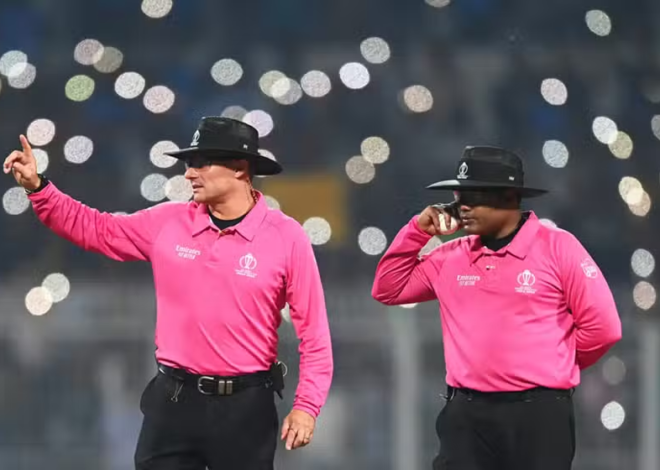
Pakistani Cinema Meets AI: Can Generative Tools Rewrite Lollywood?
For years, Lollywood — Pakistan’s film industry — has fought to find its footing between Bollywood’s glitz and Hollywood’s dominance. Budget constraints, limited technology, and inconsistent storytelling have slowed its growth.
But in 2025, a new force is entering the picture: Artificial Intelligence.
From writing screenplays to creating digital actors, AI is rapidly transforming global cinema. And for Pakistan’s struggling film industry, it could be the creative revival it has been waiting for.
How AI Is Entering Cinema
1. AI Scriptwriting
AI-powered tools like ChatGPT, DeepStory, and Sudowrite can now generate full screenplays, complete with dialogue, pacing, and emotional arcs.
Pakistani writers can use these tools to brainstorm ideas, write faster, or test story variations before production begins.
2. AI Dubbing and Translation
Language barriers are shrinking.
With synthetic voice dubbing, a film shot in Urdu can be instantly dubbed into Punjabi, Pashto, English, or even Arabic — opening access to new global audiences.
This could be a breakthrough for cross-border streaming platforms.
3. Visual Effects and CGI
Generative AI tools like Runway and Kaiber can create cinematic backgrounds, special effects, or fantasy scenes without the need for expensive studios.
What once cost millions can now be done by a small creative team with a laptop.
4. Audience Analysis
AI analytics platforms study trailer reactions, reviews, and viewing trends to predict what kinds of stories resonate.
This data-driven storytelling can help filmmakers choose scripts that align with audience demand — increasing the odds of box office success.
Opportunities for Lollywood
1. Lower Production Costs
AI tools can reduce costs for scriptwriting, editing, dubbing, and effects, allowing independent filmmakers to compete with larger studios.
2. Global Accessibility
With multilingual AI dubbing, Pakistani films can reach international markets via Netflix, Amazon, or YouTube, breaking language barriers that once limited reach.
3. Creative Experimentation
AI allows small teams to experiment with genres and visuals once considered too expensive — from sci-fi thrillers to historical epics — breathing new life into local storytelling.
Risks and Concerns
1. Loss of Authenticity
Over-reliance on AI-generated plots and dialogue could make films feel formulaic and strip away cultural nuance.
2. Copyright and Ownership
Who owns an AI-written script? The filmmaker, the model, or the algorithm?
These unresolved legal issues could create new intellectual property battles.
3. Fear Among Creatives
Actors, writers, and editors worry about AI replacing human talent.
But realistically, AI will assist, not replace — augmenting creativity rather than erasing it.
The Road Ahead
Pakistan’s film industry stands at a crossroads.
If used wisely, AI can make filmmaking faster, cheaper, and more inclusive, empowering young creators who lack big studio resources.
The key is to treat AI as a creative co-pilot, not a replacement for human imagination.
By blending cultural storytelling with technological innovation, Pakistan can reinvent Lollywood as a modern, global cinema hub.
AI won’t replace directors, actors, or storytellers — but it will change how stories are made, shared, and experienced.
For Lollywood, this isn’t just about catching up with global cinema.
It’s about redefining its creative identity in the digital age — and using AI to tell Pakistani stories that resonate across the world.








